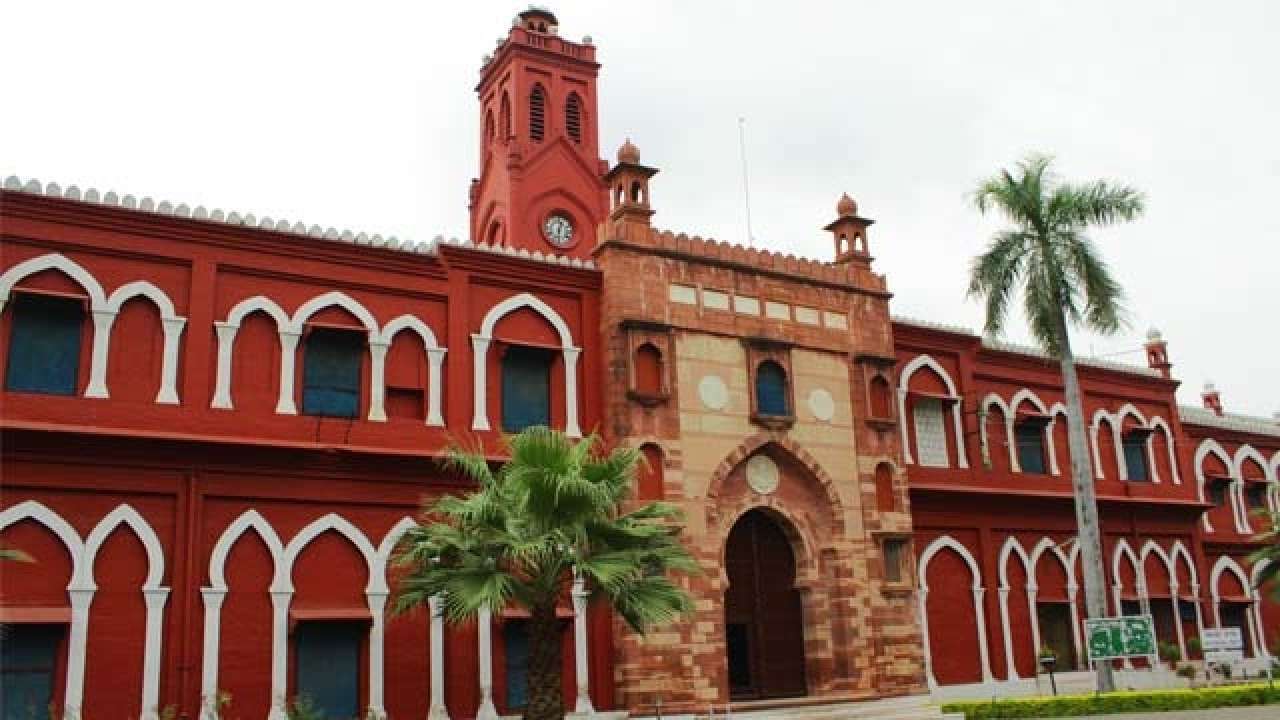In a recent development, Ashish Gupta, a Revenue Officer posted as Naib Tehsildar in Maudaha city of Hamirpur district, Uttar Pradesh, has been suspended from his position for embracing Islam. The government has ordered a probe into this religious conversion, with initial inquiries suggesting a breach of the employee code.
Ashish Gupta faced removal from his post on Thursday and has been attached to the collectorate until further notice, according to officials. ADM Hamirpur, Dr. Arun Mishra, confirmed the suspension and stated, “He (Ashish Gupta) has been removed from his post and attached to the collectorate till further notice.” Additionally, a report on his conduct has been sent to the government for review.
The revelation of Ashish Gupta’s conversion to Islam came to light when the mosque’s Imam alerted UP Police. Local Muslims observed a “stranger” attending the mosque and engaging in daily mandatory prayers. Upon further investigation, it was revealed that the individual was none other than Naib Tehsildar Ashish Gupta, who had embraced Islam and adopted the name Mohammad Yusuf.
Recognizing the sensitivity of the matter, especially given Uttar Pradesh’s strict laws against forced religious conversion, the mosque’s cleric promptly notified the police and district administration.
Subsequently, a complaint was filed against Ashish Gupta by his wife, Aarti Yagyasaini. In her complaint, Aarti alleged that Gupta was coerced into changing his religion to facilitate marriage to another woman named Rukhsar. She accused Rukhsar’s father, identified as Munna, a mosque cleric, and several others of orchestrating the conversion on December 24, preceding the alleged forced wedding.
Responding to Aarti’s complaint, the Uttar Pradesh Police registered a case and arrested three individuals, including the cleric, according to The Indian Express. The situation raises questions about the circumstances surrounding Ashish Gupta’s conversion, and further details on his decision remain undisclosed.
As the investigation unfolds, the incident underscores the complex intersections of personal choices, religious freedom, and legal implications in India’s sociocultural landscape.










































